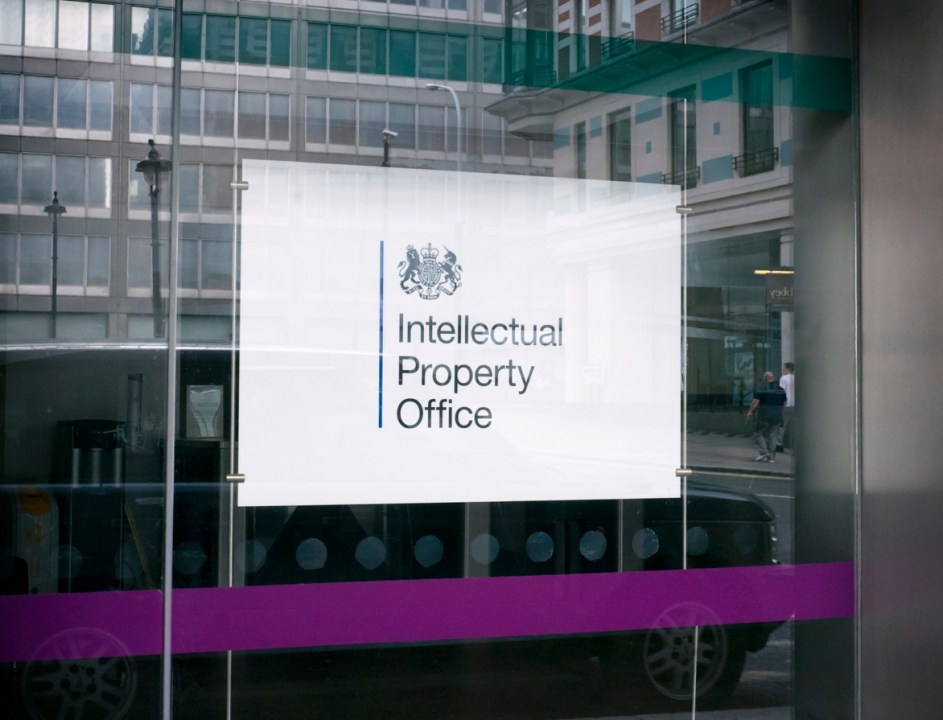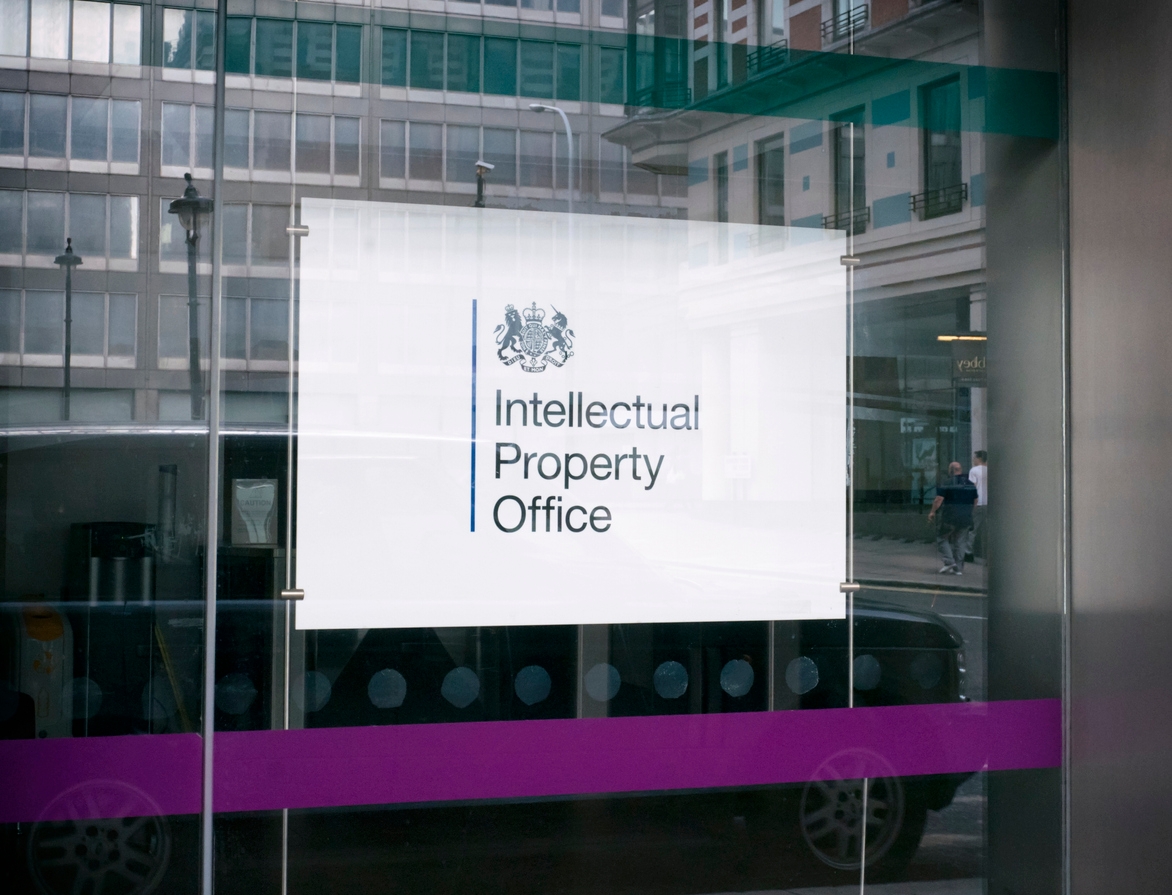Copyright often seems like a joke. Most of us infringe it constantly, and publicly, without a second’s thought. With the advent of the internet, the public uploads countless videos, music, photographs, art, and a whole host of other things without the permission of the creators. Even large organisations get away with it. A few years ago, for example, the National Trust posted a picture of an unusual, heart-shaped honeycomb to social media, claiming it had been made by bees at one of their properties. It went viral, but it wasn’t actually theirs. Luckily for them, the beekeeper who took the photograph didn’t press the issue.
Even creators, whom the system was created to benefit, are often blissfully unaware of the rules. Some 15 million new songs are uploaded to Spotify every single year, but many musicians believe they are entitled to sample about 5 seconds of other people’s compositions when creating their own. This 5 second rule, much like the one for eating food dropped on the floor, is a myth. It’s just that musicians are unlikely to be punished for this ignorance unless they become especially famous or rich.
But this is not to last. Although technology once enabled mass infringement, it is now ushering in an age of mass enforcement. Companies have sprung up to scrape the web for copyright infringements, sending automated demands for back-payment of licence fees. The demands go well beyond simple requests to cease and desist, often asking for amounts out of all proportion to the damages to the affected copyright owners. They occasionally even resemble ransomware notices by spammers. And while they typically focus on images, they will soon have the ability to identify music and video infringements too. Much of the otherwise law-abiding public is at risk of a legal shakedown.
Perhaps we deserve to be punished for our complacency. But copyright, having been designed in the context of mass infringement, is extremely strong. It protects everything from film, musical composition, recordings, written works and photographs, to art, typography, databases and software. Creators enjoy a total monopoly over all copies of their work from the moment their creation is fixed – when they set pen to paper or finger to key – and the monopoly can last for well over a century. Unlike patents, which last only a couple of decades so as not to stifle further innovation, copyright lasts the entire lifetime of the creator, typically with an additional 50 to 70 years added on. Many copyright owners are not creators at all, but their grandchildren.
While strong, however, the law on what counts as copyright is often unclear, providing very few reliable rules for creators as to the differences between inspiration and plagiarism. The borders of what counts as copyright infringement are only decided in the courts, but the case law is often inconsistent, if there is any at all. In a recent American case over the song ‘Blurred Lines’, the court found that it had infringed on the Marvin Gaye song, ‘Got to Give It Up’ from 1977, despite the fact that the song appeared to have no similar notes, melody or lyrics. It just had a similar ‘feel’. Songwriters must now consult forensic musicologists before releasing something, and often give credit lines to people whose work they have never heard, just in case.
Fortunately, the UK has a chance to reform the system, and no longer has to wait for the rest of the EU to do so too. As I argue in a new paper for the Entrepreneurs Network, we are now able to pick and choose the best of the world’s copyright policies. We should allow people to text and data mine copyrighted material, for example, when building Artificial Intelligence models, to make Britain the best place to do this kind of research. There is currently only an exemption for non-commercial research, and in the US there is legal uncertainty over the issue. We might also encourage innovation by introducing an exemption for transformative uses of copyrighted material (as long as this doesn’t affect the market for the original). The US already has such an exemption, but we do not.
The UK also needs to catch up with other countries’ exemptions for private copying, such as for shifting content we’ve purchased to other formats for personal use. We should also require that material be sufficiently original to be worthy of copyright – something stipulated in a recent EU directive. Museums have been getting away with taking exact photographs of centuries-old art and claiming it as a new copyright. There are also an estimated 91 million copyrighted works by people long dead, whose owners cannot even be traced. Although an Orphan Works Register was set up six years ago to solve this issue, a paltry 1,100 works have been licensed for use. We should tear down the barriers to using such works.
Overall, the copyright system is here to stay. But if it does not keep pace with the times, it may end up suffocating creativity and innovation – the very things copyright was designed to protect.







Comments